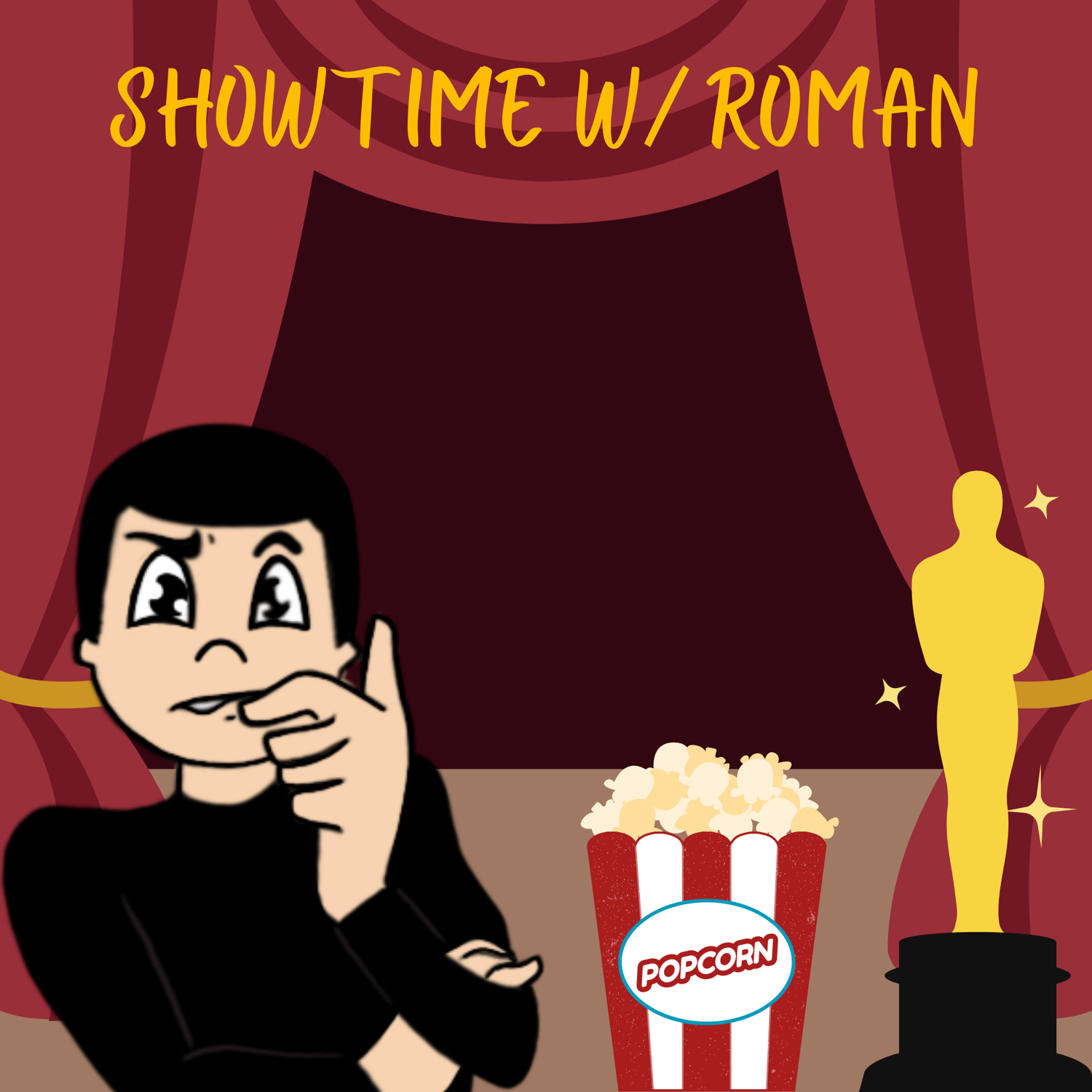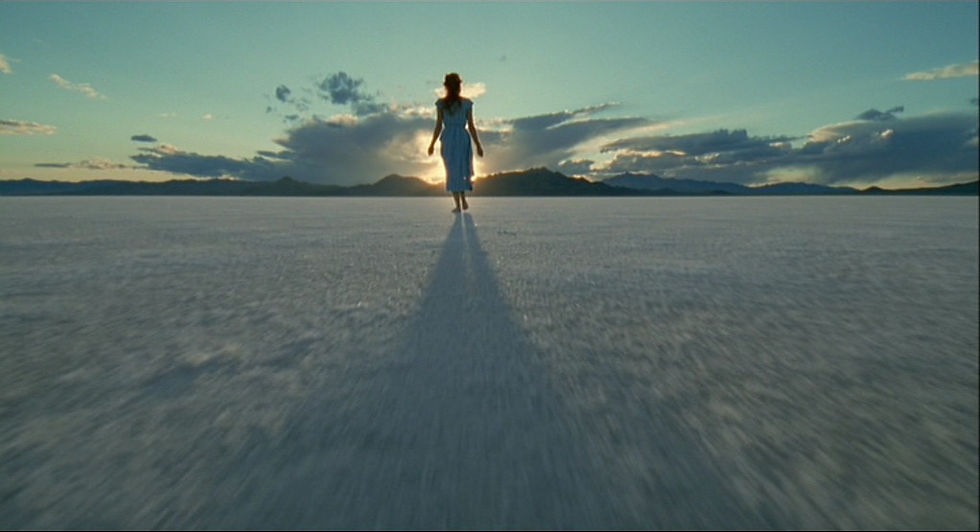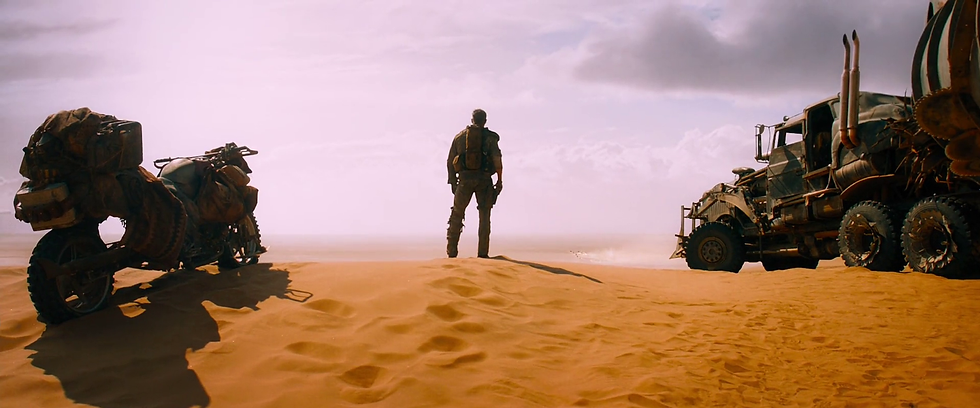Plot Isn’t That Important
- Roman Arbisi

- Feb 13, 2020
- 3 min read

How do we feel about plot in movies?
I’ve recently seen handfuls of criticism towards plot and I’ve been having this internal discussion about it and wanted to open it up to some of you. When it comes to plot, why is there stress on it when a movie may be poor, but when the movie is good there doesn’t seem to be much attention on it?
For example; Something as universally loved as Mad Max: Fury Road, I would say, has a very thin plot. Maybe thin is the wrong word, but it’s simple and easy to follow. As is something as iconic and industry changing as Seven Samurai. When we talk about those movies the thin plot is (almost) never mentioned, but other departments such as narrative, direction, action, and characters are. Could the “thin” plot be the reason those movies might excel? Do they even need a complex plot to get it’s points and themes across in the epic ways that they do?

What about Zodiac or something as recent as Parasite? Movies deliberately plotted and full of so many moments that need to happen to lead into the next logical evolution of the story. These movies are loaded with plot, but they’re deliberate so they can create the exact emotions the movie wants us to feel at specific times throughout the narrative. Whether it’s jaw-dropping surprises or gripping suspense, movies like this are able to excel because it’s plot is constantly creating conflict, and the directors have to maneuver that to fulfill their vision. Would these types of movies excel with as thin of a plot as Fury Road or Seven Samurai?
What about movies like The Tree of Life or Call Me By Your Name? Movies that create this sense of euphoria and angelic drama through its release from the air-tight constraints of plot? Movies that are free from the pressure of having to create an emotion through well executed plot mechanics and devices to pull emotions down from the top shelf. Sure these movies have “plot”, in some capacity, but very minor and without limiting the freeform nature of the director’s vision. Would these types of movies excel with as tactile of a plot as Zodiac or Parasite?

Are there examples of a movie having too thin of a plot, too much plot, “zero” plot with no meaning as well? Absolutely, but I’d contend those are few and far between and not as frequent as most people seem to think. I’d say that when movies have too much plot, but not enough story, that would make us realize that the script isn’t good, or maybe the final edits of the film lost the text in translation. Perhaps both? What if the sub-text is prevalent and intertwines the narrative through the artistic expression of the director? Movies like Sucker Punch and Speed Racer come to mind here. Movies that have a relatively simple plot, but it’s meaning stems from the roots of the director’s vision. What do you feel is more important to the visual medium of film? The unseen blueprints of the film’s golden path to completion with finely tuned beats, or how the director takes those blueprints and gives it more dimension in how they express emotion as an artist?
I’m sorry for playing 20 questions with you (you were thinking of a bagel!), but as I’ve developed as an avid moviegoer, a student of film, and engaged with peers and their perception of the films we see together, the stress on plot continues to pick away at me. We all watch movies differently and are actively looking at what each film has to offer; but is plot the defining factor in separating great films from good films? Good films from bad? As film continues to evolve and Hollywood slowly (but surely) creaking it’s doors open to the fresh film-makers with new eyes to see stories through; is limiting their strengths as a visionary to the confines of plot putting them at a disadvantage? I’d say yes. That’s not to say plot can’t be critiqued or detrimental to the experience, but the meaning beyond the plot seems much more important.
Every film has a different roadmap to its destination. Some films speed there, some films take the scenic route, some films follow each turn and every avenue, hell some films say, “Let’s just see where the road takes us”. At the end of the day, the director is in the driver’s seat and we’re just in the backseat along for the ride. How important is getting there, really? I guess it all just depends on the circumstances and context of that journey.






Comments